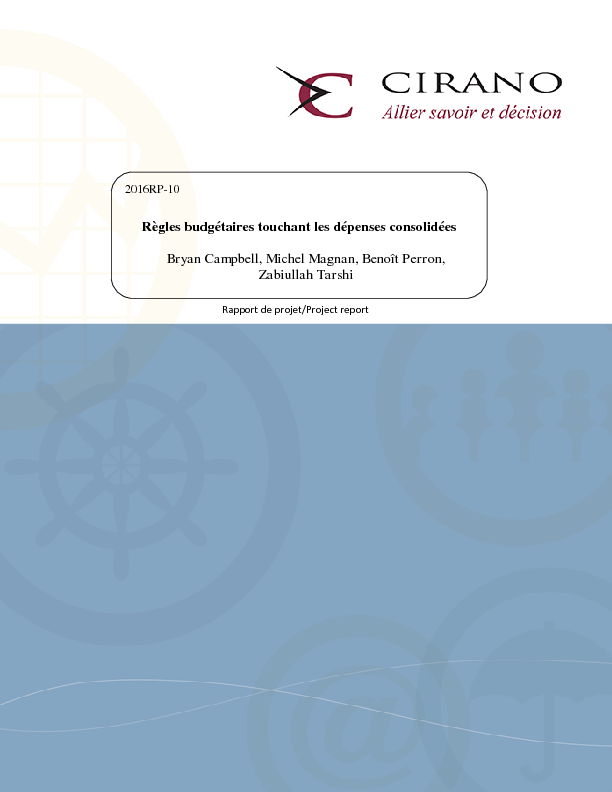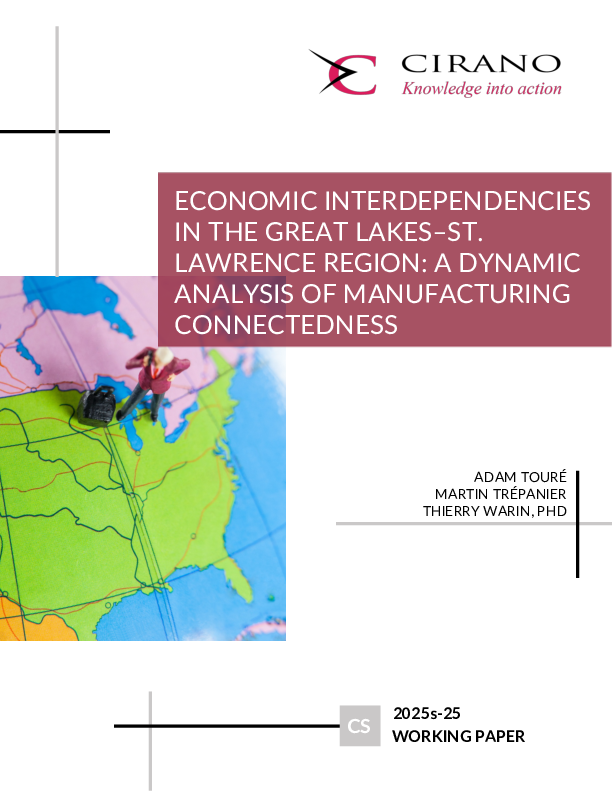Règles budgétaires touchant les dépenses consolidées
In this study we analyze the impact on the government deficit of the adoption of fixed budget rules. The literature in this area is considerable and is surveyed in Part A of the Report. Here we observe that rules fall under two general categories. The first is goal oriented with specific overall objectives for the deficit, as in the zero-deficit rule. A second approach focuses on expenditure limitations or restrictions. In our review of the literature, we also note that those jurisdictions that have imposed the discipline of a budget rule have experienced better results in managing their deficits.
We turn our attention in Part B to the construction of a coherent set of budget data over as long a span as possible. The first reality that we faced is that comparable Quebec Public Accounts data extends only to 1998. Since this date, however, there have been two accounting reforms that necessitate considerable adjustments to the data in order to render them compatible. This part of the Report suggests a variety of resolutions and reconstructs the different components of the budget data for each of the resolutions.
Based on this data analysis, Part C presents the results of an extensive simulation exercise to illustrate the impact of different budget rules on the evolution of the budget over a mid-term horizon.



